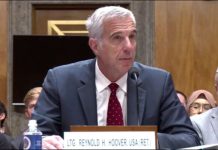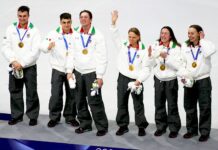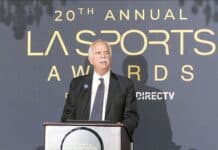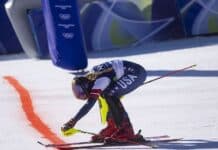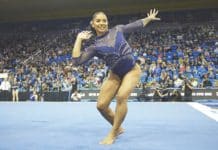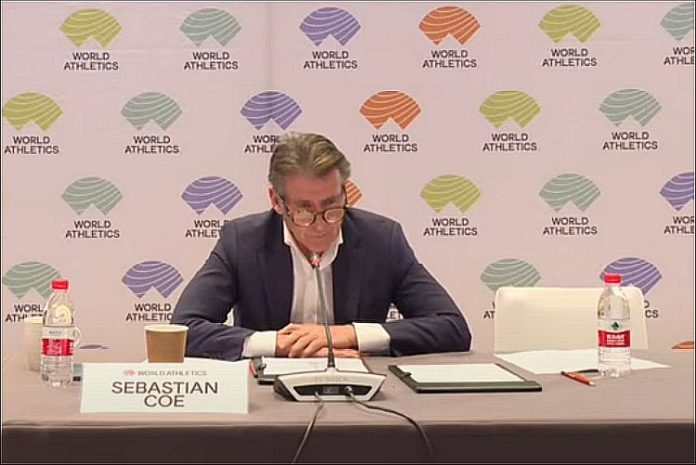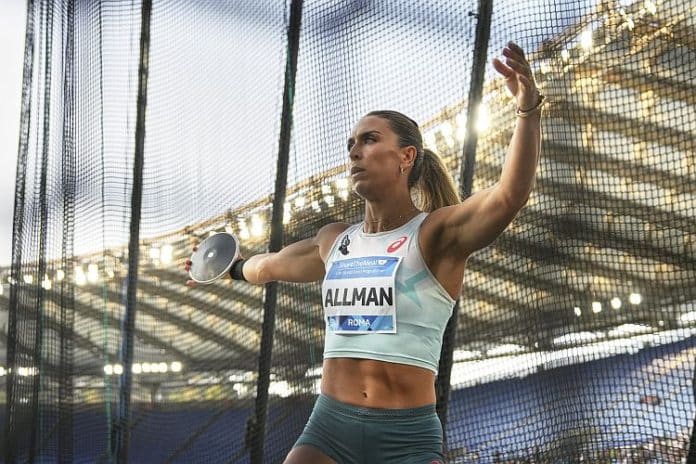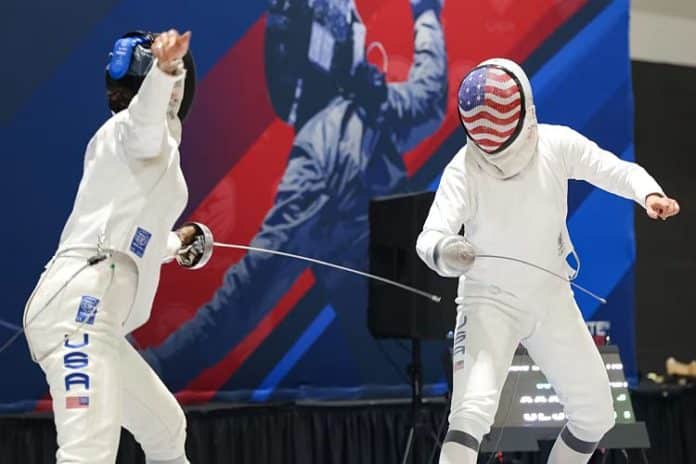★ The Sports Examiner: Chronicling the key competitive, economic and political forces shaping elite sport and the Olympic Movement.★
★ To get the daily Sports Examiner Recap by e-mail: sign up here! ★
≡ COE NEWS CONFERENCE ≡
In his usual style, World Athletics President Sebastian Coe (GBR) held a series of news briefings with reporters from around the world on Thursday in the hours ahead of the Diamond League Final in Zurich (SUI).
Speaking with a group of specialists, he reported that the federation’s decision to implement sex-testing to protect the women’s category has gone pretty well:
“At the end of the two member federation national-championship windows, we tested about 85% of the athletes, with – as we sit today – over 90%, and it’s been a really good, collaborative effort between ourselves and the member federations.”
As to why the implementation of testing was so quick, Coe explained, “Why this year? Actually, it provides us with a much better platform to do those tests than next year” due to the World Championships, which concentrates athlete attention on national championships as the selection meets and provides a convenient platform to implement the tests.
It was noted that the test was not administered in France due to national laws, but Coe stated that the narrow nature of the test needs to be kept in mind:
“We’re not gender testing. I don’t actually have a view about that, that’s an assignment. What we are testing for is, we are simply verifying female biology. And that is absolutely in line with the principles that I have been espousing for a number of years, and that is to make sure that we do everything we possibly can in athletics – I’m not responsible for any other sport – to preserve, protect and promote the integrity of women’s sport.
“If you don’t, you lose it and I’m not prepared, under my presidency, to countenance that from happening. So, it’s not a gender test, we’re verifying female biology, and in simple terms, the absence of the Y chromosome.
“We’re not testing for anything else, there’s no genetic testing, there’s no DNA; it’s a one-off test, it’s non-invasive, it’s the test that the athletes overwhelmingly in our consultation settled for and it’s under the jurisdiction of our health and science teams. The information, once it’s become applicable, is destroyed and any contact around those tests is purely between the medical officer and the athlete themselves.”
As to the French athletes, Coe said the French federation had coordinated testing for the national-team athletes at competitions outside of France, with any remaining to be tested to be taken care of at the pre-Tokyo French training camp.
Naturally, this was followed by a question about rampant doping in some countries and a possible national ban. Coe is not in favor of a blanket approach:
“I don’t think there’s a ‘one-size-fits-all’ in this.
“Look, this is a field I have been laboring in for a number of years, and you have to be very cognizant of different environments and different circumstances. I’m in a fortunate position, because having created the Athletics Integrity Unit within the reform program of 2015 and 2016, I’ve got the best-in-class organization out there, to be helping us in that space.
“I don’t need go into details, but I can tell you they are very active in those federations, those countries that have elevated problems. We have the [federation] watchlist, where a lot of work goes on behind the scenes, and so I would rather progress on the basis that you deal with those challenges and absolutely understand what the problem is, because they are not uniform.
“The issue we dealt with in Russia was very different than the issues that we confront in Kenya, and you have to be very [careful]. I don’t think there is a ‘one-size-fits-all’ here, I think you do have to look at this and take into consideration the circumstances upon which those tests are positive, the environment, and, on many occasions, those athletes actually may have very little to do with their own federation.”
On the upcoming Tokyo World Championships in September, Coe said tickets sales are “pretty buoyant” with most of the evening sessions at 50,000 or more so far. More than 2,000 athletes are expected, from more than 200 countries and 74 rights-holding broadcasters and 1,200 total media attending.
On the Diamond League, Coe said expansion of the circuit was not on the immediate horizon, but noted, “but we’re always looking at wanting to improve, increase our footprint, get more broadcasters in place; that has improved quite dramatically recently: broadcast revenue is up than it was when it was represented under a previous system. …
“The assets are good, and I think the Diamond League board, all the meeting directors … are very clear that this is a really good springboard to broadening where we possibly can, the appeal.”
Coe was asked about Grand Slam Track and the financial difficulties, “We’re monitoring it, of course, we’re monitoring it, we’re watching it closely.
“Look, I know Michael [Johnson], this will not be sitting comfortably with Michael. I’m not here to batter Michael. He will feel badly about this and he will want to resolve this as quickly as he can.”
¶
★ Receive our exclusive, weekday TSX Recap by e-mail by clicking here.
★ Sign up a friend to receive the TSX Recap by clicking here.
★ Please consider a donation here to keep this site going.
For our updated, 699-event International Sports Calendar for 2025, 2026 and beyond, by date and by sport, click here!







